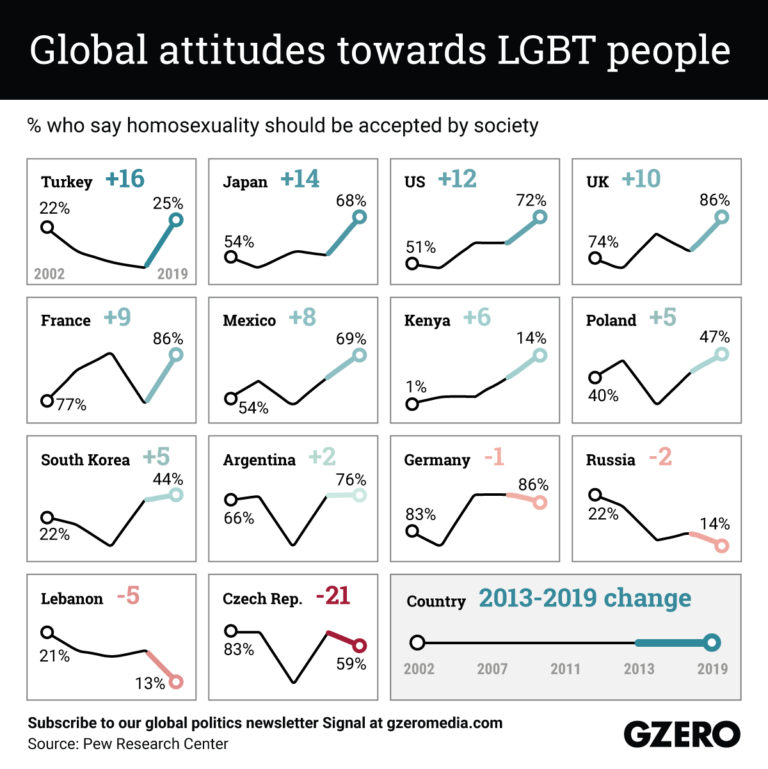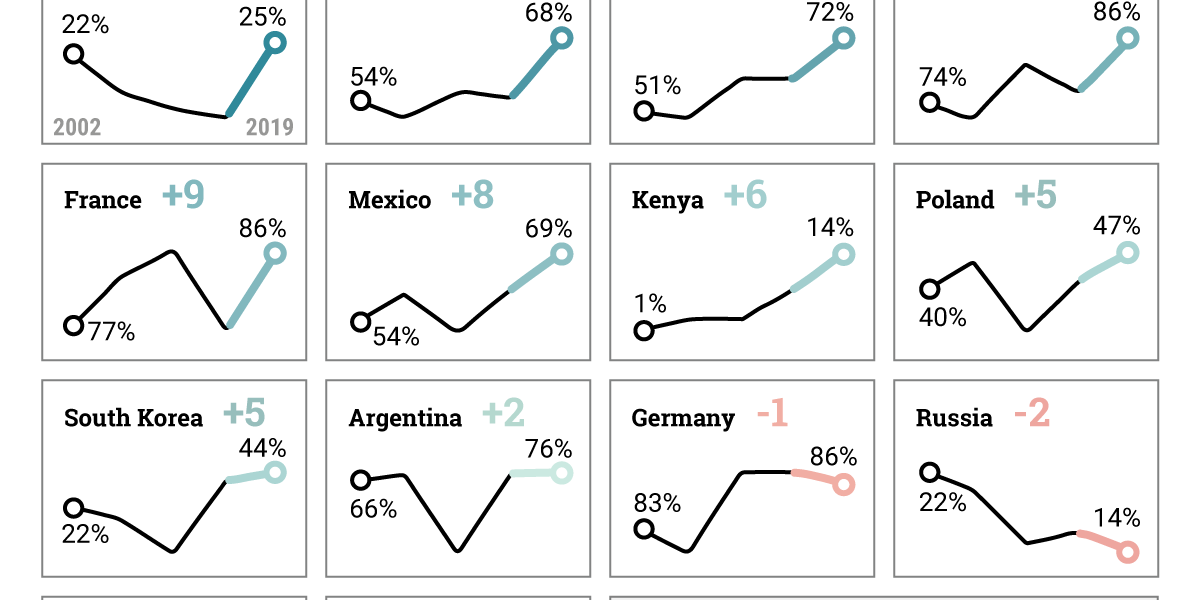

UK on Thursday: keep the peace in Ireland, Boris. Biden is expected to warn UK Prime Minister Boris Johnson not to implement Brexit in any way that establishes a hard border between Northern Ireland (which is part of the UK) and the Republic of Ireland which is an EU member. Doing so could jeopardize the increasingly fragile peace that has held there since the 1998 Good Friday accords. Johnson wants a juicy post-Brexit trade deal with Washington and can’t afford to ignore Biden’s warnings.
A G7 weekend: vaxes and taxes. Beyond the expected fence-mending with once-jilted allies, Biden is looking to rally rich countries to send more vaccines to low and middle-income countries — though the US itself has been slow to act. The group of the world’s seven most advanced democracies will also discuss ways to ensure broader adoption of their recent proposal to set a global corporate minimum tax, a vision pushed by Biden.
NATO summit: what’s it for? At the first NATO summit since 2018, members will be relieved to see a US president who doesn’t trash the value of the alliance itself, but more important is whether they can answer NATO’s existential question: what is the alliance’s mission for the 21st century? With the Afghanistan operation winding down, NATO is now crafting a new purpose as, variously, a cyber alliance, a climate security pact, and a cautious counterweight to China.
Bonus meeting! Talking Turkey. Biden will also sit down with Turkish President Recep Erdogan. US-Turkey ties are strained over Erdogan’s purchase of advanced weapons from Russia and US concerns about Ankara’s human rights record. Biden also arrives just weeks after recognizing the Armenian genocide, a move that enraged the Turkish government. But is there a way they can cooperate on Syria or post-withdrawal Afghanistan?
EU-US Summit: a foreign policy for whom now? At the first US-EU summit since 2014, the main focus will be trade and technology, two areas where Biden isn’t actually looking to snap back to pre-Trump norms. In fact, Biden has left in place Trump’s steel tariffs on the EU, in part because the “Kid from Scranton” has a lot of support from steel country. But more broadly, Biden is pushing what he calls a “foreign policy for the middle class” that will prioritize US companies, workers, and suppliers in ways that could rankle Europe. And there are ongoing disputes about transatlantic norms on digital privacy and taxation of tech companies.
Meeting with a “killer.” Expect an icy air when Biden closes his trip at a sit-down with Russian President Vladimir Putin, whom he has accused of murder. Biden has taken flak for meeting with Putin, particularly in the wake of several major recent crimes by criminal hackers that Washington says are based in Russia, and Moscow’s support for the Belarusian state hijacking of a Ryanair flight last month. But Biden’s team says they merely want a “stable and predictable” relationship with a cantankerous Kremlin: cooperating where they can, butting heads where they must.
Hanging over this entire trip will be two big issues.
First, China. Brussels and Washington agree on pushing back against China’s unfair trade practices and human rights abuses, and Biden — unlike his predecessor — wants to work with allies to shape a united front on that. And amid growing diplomatic tensions with Beijing, Europe recently stalled ratification of a massive and long-negotiated EU-China trade and investment pact that Washington doesn’t like.
But Biden has to tread carefully with European leaders, who are reluctant to be forced to “choose sides” in anything that looks like a new cold war. After all, many EU countries — particularly smaller and less wealthy ones — are eager to boost their economies with help from Chinese investment and technology.
Second, just how “back” is America really? The Europeans will be relieved to see Biden, but they’ll also be skeptical. The 2016 election showed how quickly things can change in US foreign policy. And while nobody knows the odds of Trump(ism) returning to the White House in 2024, in a deeply polarized United States where the former president is still popular, it’s entirely possible. Add the fact that it’s not clear who will be running Germany or France by the end of next year either, and you’ve got a lot of uncertainty hanging over the world’s most militarily and economically powerful alliance.
From Your Site Articles